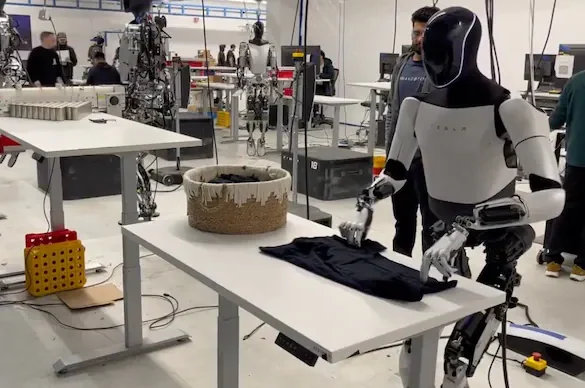Earlier this month, comedian and author Sarah Silverman and two other authors made headlines for suing ChatGPT creator OpenAI over copyright infringement. Silverman, who wrote the book The Bedwetter, argued that ChatGPT summarized the contents of his book when asked and that he had never given OpenAI permission to use the contents of his book to train chatbots. Author Christopher Golden, who wrote Ararat, and author Richard Kadrey, who wrote Sandman Slim, also sued the company for using material from their books without their permission. All three demanded a jury trial along with monetary damages.
Authors demand AI stop using their work
And now, more than 8,500 authors have come together and signed an open letter to tech companies asking them to stop using their books for training AI tools. A report in TechCrunch states that these writers are from different genres like poetry, fiction and non-fiction. They are arguing that Generative AI ‘copies their language, stories, style and ideas’ without their permission and that their work provides ‘food’ for learning AI systems that have yet to be ‘billed’ Is.
The letter reads, “These technologies copy and revive our language, stories, style and ideas. Millions of copyrighted books, articles, essays and poems provide ‘food’ for AI systems, endless meals for which no bills have been paid.
We all know that AI tools like ChatGPT use existing content created by humans for training. The AI companies training these models have not taken the legal route of obtaining licenses from authors and creators of original content.
Highlighting the same and adding that AI could flood the market with mediocre and machine-written books, the letter states, “The recent Supreme Court decision in Warhol v. Goldsmith not only makes it clear that your The high professionalism of use argues against it.” Fair use, but no court will recognize a copy of an illegally obtained work as fair use. As a result of embedding our writing into your systems, generative AI threatens to harm our profession by flooding the market with mediocre, machine-written books, stories, and more. Journalism is based on our work.”
Speaking of AI-generated books flooding the market, an author was in news in May this year for using ChatGPT to write 100 books in less than a year. US-based author Tim Boucher wrote in an article for Newsweek that his primary goal was to create a series of e-books that would be unique and combine sci-fi with an AI-generated world.
What are the writers asking for?
Along with the letter, the authors have also put forward a major concern – authors not being able to earn a livelihood due to ‘complexities of mass publication and narrow margins’. The letter states that the situation is particularly worrying for new writers and underrepresented communities.
To help the authors, the letter asks the tech company to seek permission before using any copyrighted material for the AI tool, to compensate the authors for using their work in their past as well as current AI programs. have been asked for, and the authors have been asked to provide appropriate Compensation. Using its work in AI outputs, ‘whether the outputs are infringing under existing law.’
The authors are not making any legal threats yet. Mary Rosenberger, CEO (and signatory) of The Authors Guild, told NPR that lawsuits are an expensive affair and take a long time.



